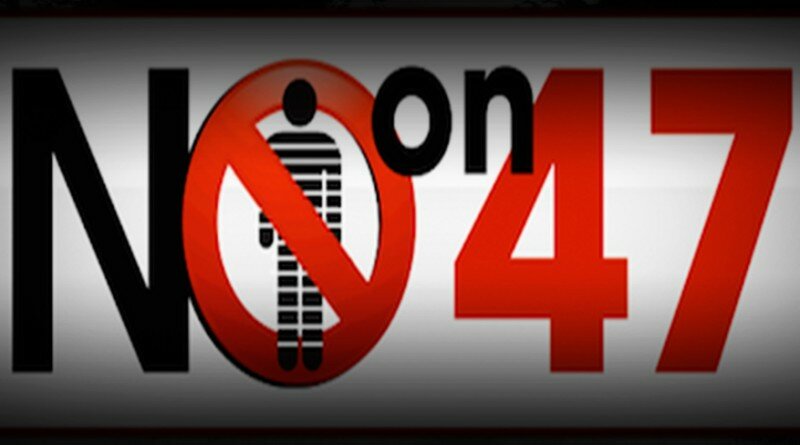Prop 47 Didn’t Stop Discrimination In California’s Justice System
African-Americans are often punished more harshly than their white counterparts. Nothing changed in California after Prop 47.
Stark racial disparities in imprisonment are what ultimately prompted California to pass the criminal justice reform measure known as Prop 47 in 2014, which reduced the classification of half a dozen “nonserious and nonviolent property and drug crimes” from felonies to misdemeanors.
As a result, such crimes carried significantly lower prison sentences; millions of prisoners saw the red stain of conviction erased from their permanent records; and an estimated 13,000 inmates were released, according to Al Jazeera.
In a 2010 study, there is likely to now be more than 20 million people with felony convictions in the United States. Black people are heavily overrepresented in that group, and in the criminal justice system overall: the prison population is almost 40 percent African American, while the country as a whole is less than 15 percent black. And overincarceration is a problem across the country, but perhaps nowhere more so than in California. In 2009, prisons were so overcrowded that the federal government issued an ultimatum, in the form of a Supreme Court ruling: fix it, or we’re taking over.
Through a series of manoeuvres, the prison population was slowly reduced. Then, in 2014, California passed a ballot initiative called proposition 47. It downgraded half a dozen felony charges to misdemeanours, including drug possession, and some petty theft. After prop 47, those crimes carried significantly lower sentences, and none of the lifelong consequences that felony convictions do.
The passing of Prop 47 was considered groundbreaking, especially for Black Californians who are twice as likely to be charged and convicted of drug crimes. However, not everyone felt the feel-good effects of the measure.
“The judicial system is rigged against us,” said Donnie Anderson, a Black California man who was arrested and charged with transport/sale of a controlled substance after police showed up to a neighbor’s house where he and his friends were gambling. “If you (a white person) go to jail, and I have the same amount of drugs as you, my sentence is automatic state prison. Yours is go home.”
But Anderson didn’t have any drugs. He told that his friends had drugs on them, but he didn’t — that’s why he didn’t flee. Because Anderson, who was just 19 at the time, had a large sum of cash on him from the gambling, police believed he was there selling drugs.
Atlanta Black Star reports that the teen ultimately took a plea deal of 60 days in county jail and three years probation for a felony that originally carried a sentence of up to 20 years and a fine of $20,000 dollars.
“We don’t have proof of this, but what we feel like is happening is that the police are charging up to avoid prop 47, because it is discretionary,” said Lynne Lyman, a California state director at the Drug Policy Alliance who helped work on legislative predecessors to Prop 47. “Simple possession versus possession with intent is completely discretionary.”






